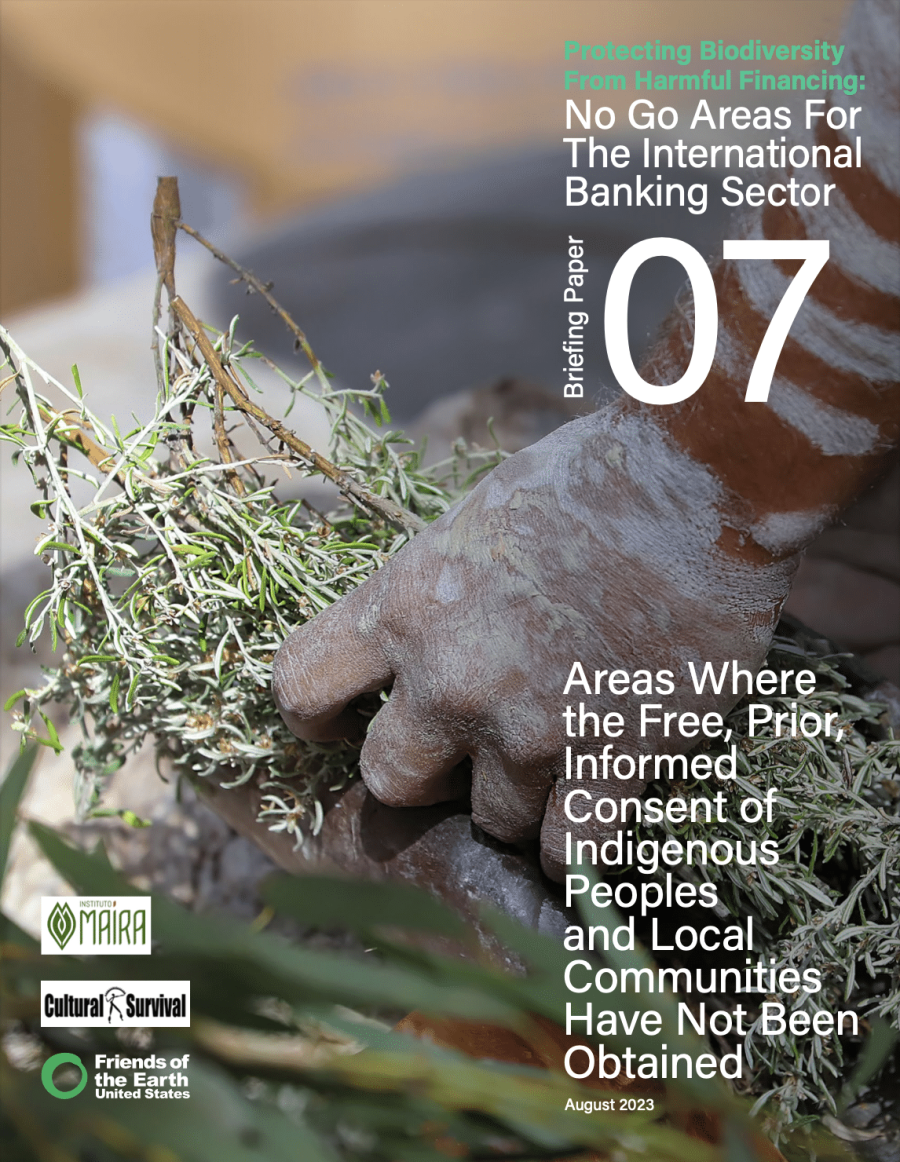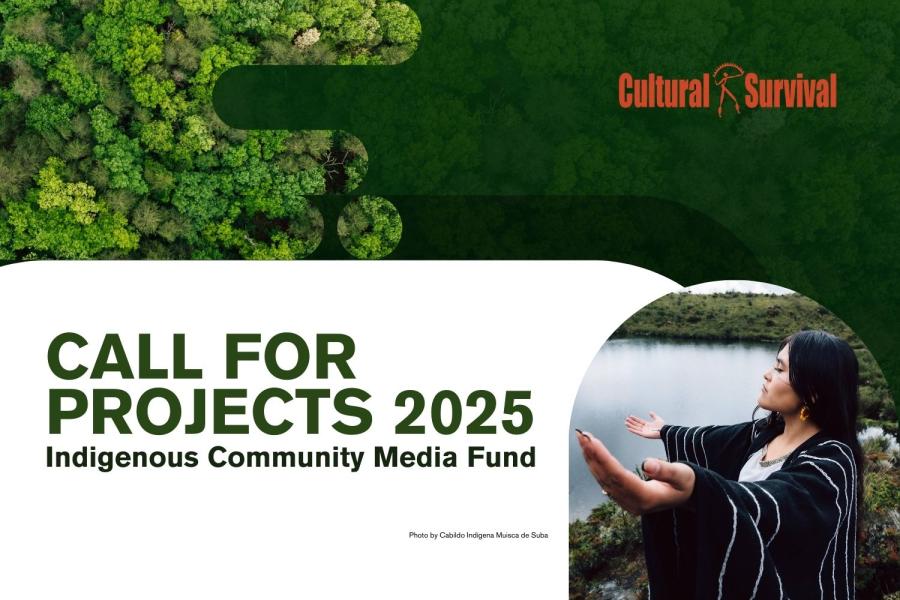A Message by Mr. Sha Zukang, Under-Secretary-General for Economic and Social Affairs
New York, 18 October 2010
…Since 2007, the Declaration [on the Rights of Indigenous Peoples] has become a key reference point, a pivotal document in national and international legal proceedings involving violations of indigenous peoples’ rights. In a few countries, mainly in Latin America, it has become a part of constitutional reform processes. This integration is so vital for building strong foundations for the political, social and economic future of indigenous peoples.
The Declaration and the Second Decade have prompted some governments – such as Japan – to recognize the existence of indigenous people. Canada and Australia have taken a step further and has offered an apology to them for past injustices (Canada's).
The assessment showed that more intergovernmental organizations are establishing policies and guidelines that ensure the inclusion of indigenous issues in development projects.
Some Member States have also reported the establishment of specific programmes to address the marginalized social and economic situations of indigenous peoples.
Other recent achievements include the creation of consultative institutions for indigenous peoples such as the First Congress of the Sami People of the Murmansk region in the Russian Federation and the formation of their own political parties. Nepal and Ecuador have also set examples in these arenas.
I would also like to express my sincere appreciation and gratitude to Member States and UN agencies that have generously contributed in the past year to the Trust Fund on Indigenous Issues. The activities supported by the Trust Fund are vital for implementing the mandate of the Permanent Forum and the goal and objectives of the Second Decade.
Distinguished Delegates, These are few of the signposts of progress. As Coordinator of the Second Decade, however, I must alert you that at the current pace of change, many objectives of the Decade may not be met.
The midterm assessment showed that very few Members States have officially recognized their indigenous communities. Even fewer have granted constitutional protection to indigenous peoples. Without protection before the law, the human rights of indigenous peoples are endangered, their land and resources claims are denied, and all aspects of their advocacy work are handicapped.
In places where indigenous peoples do have recognition, their level of direct political representation is very low. The numbers of women representing their communities are at unacceptably low levels.
In order to meet our targets, ladies and gentlemen, governmental initiatives must be scaled up. International frameworks, such as the Declaration, must be made operational at the local level through policies and programmes that redress social and economic injustices.
In the past we have seen that some development projects, in the name of progress, have actually displaced indigenous peoples from their lands and disregarded their culture and self-determination. This must never happen. Poverty reduction strategies must include targets related to indigenous issues. They must ensure the active participation of indigenous peoples. They can and should be agents of change themselves.
Excellencies, While indigenous peoples constitute approximately five per cent of the world’s population, they make up 15 per cent of the world’s poor people. They experience higher levels of maternal and infant mortality, malnutrition, diabetes and tuberculosis. Every day they face issues of violence, brutality and dispossession of their lands.
While I am heartened by the progress we have made in chipping away at the desperate conditions that afflict so many indigenous peoples, the assessment’s findings should concern us all.
With its recommendations as our guide, let us redouble our efforts to bring about equal rights for the world’s indigenous peoples, advance their economic and social standing and preserve their cultural identities.
At the next Session of the Permanent Forum on Indigenous Issues in 2011, the Forum will commemorate its tenth anniversary. It will be an important milestone for indigenous peoples all over the world, for Member States and for the United Nations system. Let us ensure we have many more concrete achievements to review and assess at that time.
Thank you.



